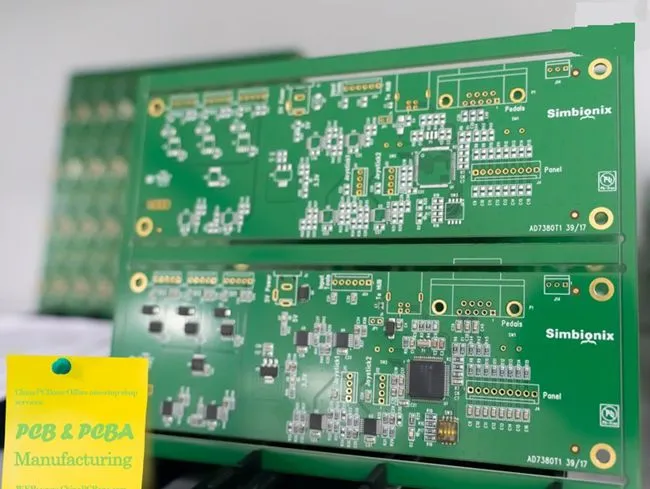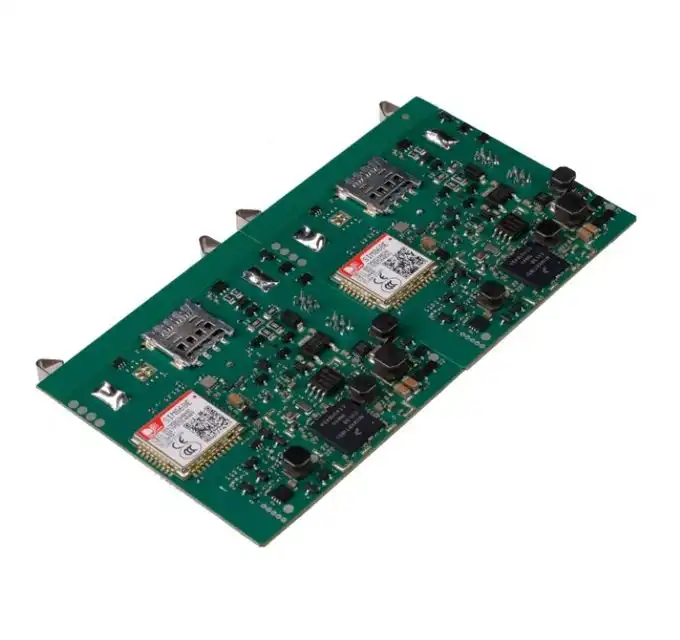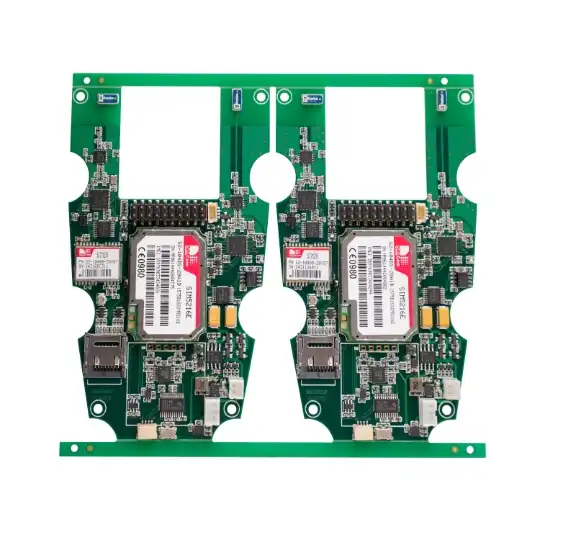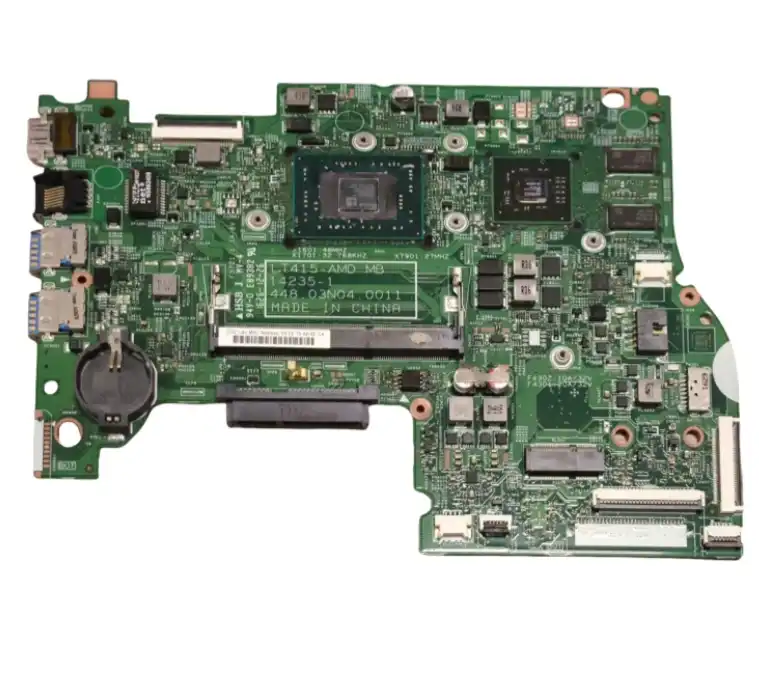Grasping the Importance of Custom PCBA in EV Charging Piles
Electric Vehicle (EV) charging piles are at the forefront of the green energy revolution, and their effectiveness hinges significantly on the quality and customization of their internal components. Custom Printed Circuit Board Assembly (PCBA) services play a pivotal role in this ecosystem, offering tailored solutions that address the unique challenges of EV charging infrastructure.
The importance of customized PCBA in EV charging piles cannot be overstated. These bespoke assemblies are designed to handle the high power demands, ensure safety protocols, and facilitate seamless communication between the charging pile and the vehicle. By opting for custom PCBA services, manufacturers can optimize the performance, reliability, and longevity of their charging solutions.
Key Benefits of Custom PCBA for EV Charging Applications
Custom PCBA services offer several advantages for EV charging pile manufacturers:
- Enhanced Performance: Tailored designs optimize power management and charging efficiency.
- Improved Reliability: Customized components reduce the risk of failures in high-stress environments.
- Space Optimization: Bespoke layouts maximize the use of limited space within charging units.
- Scalability: Custom designs can easily accommodate future upgrades and technological advancements.
- Cost-Effectiveness: While initial costs may be higher, long-term savings are achieved through improved durability and reduced maintenance.
By leveraging custom PCBA services, EV charging pile manufacturers can create products that not only meet current demands but are also future-proofed for the evolving landscape of electric mobility.
The Step-by-Step Process of Custom PCBA Service for EV Charging Piles
The journey from concept to a fully functional EV charging pile involves a series of intricate steps in the custom PCBA service process. Understanding these stages is crucial for stakeholders looking to develop or improve their charging infrastructure.
Initial Consultation and Requirements Gathering
The process begins with a thorough consultation between the PCBA service provider and the client. During this phase, the specific requirements for the EV charging pile are discussed, including:
- Charging capacity and power output
- Communication protocols and interfaces
- Safety features and compliance standards
- Environmental considerations (temperature range, humidity, etc.)
- Size constraints and form factor requirements
This collaborative approach ensures that the custom PCBA design aligns perfectly with the intended application and performance expectations.
Design and Prototyping
Once the requirements are established, the design phase commences. Skilled engineers utilize advanced CAD tools to create a schematic design, followed by a PCB layout that optimizes component placement and routing. The design process considers factors such as:
- Power distribution and thermal management
- Signal integrity and electromagnetic compatibility
- Component selection for durability and performance
- Design for manufacturability and testability
After the initial design, a prototype is manufactured for testing and validation. This crucial step allows for any necessary refinements before moving to full-scale production.
Component Sourcing and Quality Control
The success of a custom PCBA largely depends on the quality of its components. Reputable PCBA service providers have established relationships with trusted suppliers to source high-quality components that meet the rigorous demands of EV charging applications. This stage involves:
- Sourcing components from authorized distributors
- Verifying component specifications and authenticity
- Implementing inventory management systems
- Conducting incoming quality control checks
By ensuring the integrity of each component, the overall reliability and performance of the PCBA are significantly enhanced.
Assembly and Manufacturing
The assembly process for custom PCBAs in EV charging piles requires precision and expertise. State-of-the-art Surface Mount Technology (SMT) equipment is typically used for component placement, followed by specialized soldering techniques. Key aspects of this stage include:
- Automated pick-and-place assembly for SMT components
- Reflow soldering under controlled temperature profiles
- Manual assembly of through-hole components when necessary
- In-circuit testing to verify connections and basic functionality
Throughout the manufacturing process, strict quality control measures are implemented to ensure consistency and reliability.
Testing and Quality Assurance
The final stage before deployment involves rigorous testing and quality assurance procedures. Custom PCBAs for EV charging piles undergo a battery of tests to verify their performance and durability:
- Functional testing to simulate real-world charging scenarios
- Environmental stress testing (temperature cycling, humidity, vibration)
- Safety testing to ensure compliance with industry standards
- Burn-in testing to identify any early-life failures
- X-ray inspection for hidden defects in solder joints
Only after passing these comprehensive tests are the custom PCBAs approved for integration into EV charging piles.
Challenges and Considerations in Custom PCBA for EV Charging Piles
While custom PCBA services offer numerous benefits for EV charging pile manufacturers, there are several challenges and considerations to keep in mind throughout the process.
Regulatory Compliance and Safety Standards
EV charging piles must adhere to strict regulatory requirements and safety standards. Custom PCBA designs need to incorporate these considerations from the outset:
- Compliance with IEC 61851 for EV charging systems
- Adherence to regional safety standards (e.g., UL in North America, CE in Europe)
- Implementation of overcurrent and overvoltage protection mechanisms
- Integration of ground fault detection circuits
Navigating these regulatory landscapes requires expertise and constant vigilance to ensure compliance throughout the design and manufacturing process.
Thermal Management and Power Handling
EV charging piles handle significant amounts of power, which presents challenges in thermal management and power distribution. Custom PCBA designs must account for:
- Efficient heat dissipation through strategic component placement
- Use of thermal vias and copper pours for improved heat transfer
- Selection of components rated for high-temperature operation
- Implementation of active cooling solutions when necessary
Effective thermal management is crucial for ensuring the longevity and reliability of the charging pile in various environmental conditions.
Future-Proofing and Scalability
The EV charging industry is rapidly evolving, and custom PCBA designs must be flexible enough to accommodate future advancements. Considerations include:
- Modular design approaches for easy upgrades
- Incorporation of firmware update capabilities
- Provision for additional communication protocols
- Scalability to support higher charging powers in the future
By addressing these considerations, custom PCBA services can deliver solutions that remain relevant and efficient as EV technology progresses.
Conclusion
The customized PCBA service process for EV charging piles is a complex yet crucial aspect of developing efficient and reliable charging infrastructure. By partnering with experienced PCBA manufacturers and suppliers, EV charging pile producers can leverage cutting-edge technology and expertise to create robust, high-performance charging solutions. As the demand for electric vehicles continues to grow, the role of custom PCBA services in shaping the future of EV charging infrastructure cannot be understated.
FAQ
What are the key advantages of using custom PCBA services for EV charging piles?
Custom PCBA services offer enhanced performance, improved reliability, space optimization, scalability, and long-term cost-effectiveness for EV charging pile manufacturers.
How long does the custom PCBA process typically take for EV charging pile applications?
The timeline can vary depending on complexity, but generally ranges from 4-12 weeks from initial consultation to final production.
What are the most critical safety considerations in custom PCBA design for EV charging piles?
Key safety considerations include overcurrent protection, overvoltage protection, ground fault detection, and compliance with international safety standards like IEC 61851.
Expert Custom PCBA Service for EV Charging Piles | Ring PCB
Ring PCB stands out as a premier custom PCBA service provider for EV charging pile manufacturers. With our team of 500+ professionals, state-of-the-art facilities, and commitment to quality, we deliver innovative and reliable PCBA solutions tailored to the unique demands of EV charging infrastructure. Our 24/7 operation and global support ensure seamless collaboration with clients worldwide. For unparalleled expertise in custom PCBA manufacturing for EV charging piles, contact Ring PCB at [email protected].






